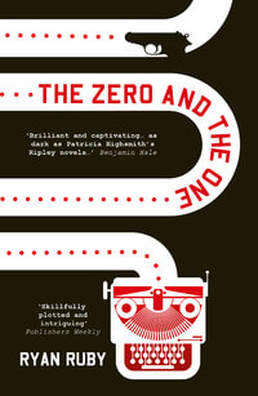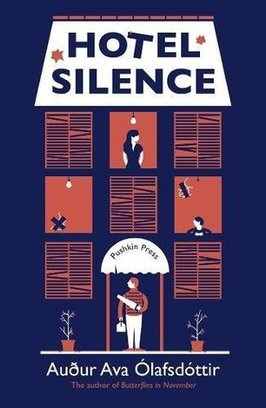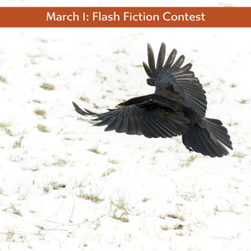The Zero and the One by Ryan Ruby
The novel opens several months later with Owen on a flight to New York. He’s on the way to Zach’s funeral, and all he has left of his friend is a suicide note, a black pearl and a copy of a book, The Zero and the One, with which Zach was obsessed. Owen’s not only missing his friend, he’s immensely guilty: the young men had forged a suicide pact, but only one of them is dead. He thought he understood Zach’s reasons, but when he meets his twin sister at the funeral, he discovers the situation was far more complicated than he could have guessed.
The young men’s friendship, with the more worldly Zach always a step ahead, reminded me of the men in White Tears; the American siblings’ concept of twinship as being one person, brought to mind a novel about a Ugandan dynasty, Kintu. But is a highly original debut that might particularly appeal to readers younger than me and those with a strong interest in philosophy. Thanks to Legend Press for my advance proof copy.
Hotel Silence by Auður Ava Ólafsdóttir translated by Brian FitzGibbon
Jónas has no need of a change of clothes; he won’t be staying long. Instead, he takes his drill and toolbox, in case he needs to set up a hook from which to hang himself in the hotel. But the staff, a brother and sister with little experience of hotel work, are understandably suspicious of anyone choosing their country for a holiday. They wonder if he’s come to purloin the artefacts, such as the hotel’s historic mosaic wall.
But in that broken place, Jónas and his tools soon prove useful. Once he’s fixed the shower in his own room, he’s in demand throughout the hotel and beyond. Since most of the rooms are currently unoccupied, although bookings are starting to pick up, he seems to have arrived at exactly the right time to carry out the repairs.
While light in tone, the author does not overlook the horrors: a traumatised child; the assumption that everyone still alive has killed someone; rape as a tool of war. Then there are the opportunist entrepreneurs who perceive the chaos as potential profit, like the unpleasant man in the room a few doors down. Will Jónas rethink his decision to kill himself? Is being useful or measuring his woes against those who’ve experienced real trauma enough to change his mind? Will his daughter’s concern at his disappearance – in whose honour he’s had a waterlily tattooed on his chest – enable him to reconnect with life?
I enjoyed this quirky Icelandic novel which I received courtesy of British publishers Pushkin Press. I thought I might have to end with an apology that the author’s name wasn’t showing up correctly: after a vain search through the symbols in my wordprocessing package I copied and pasted it from Goodreads. Seems to have worked!
| When I saw the latest challenge for a 99-word story featuring ravens, I considered it the perfect accompaniment for novels about death. But when I consulted the oracle, it seems the largest of the corvids can symbolise just about anything. Nevertheless, I’ve gone with my original idea, linking it with our current icy weather. |
Twirling snowflakes clot the air, a ballet best appreciated from behind a double glazed window. Those who can, remain indoors, muting traffic to a whisper, but some must brave the blizzard. “It’s suicidal,” I said. “I’ve no choice,” he countered.
A raven perches on a bare branch, harbinger of doom. He was due back hours ago. His phone goes to voicemail. No juice, no signal or worse?
Tyres crunch on frozen snow. Did I see a raven, or a smaller cousin? He’s home. He knows: a raven here’s as improbable as this Siberian weather.
























 RSS Feed
RSS Feed





















